Home>Garden Essentials>When Can I Plant Grass Seed In Michigan
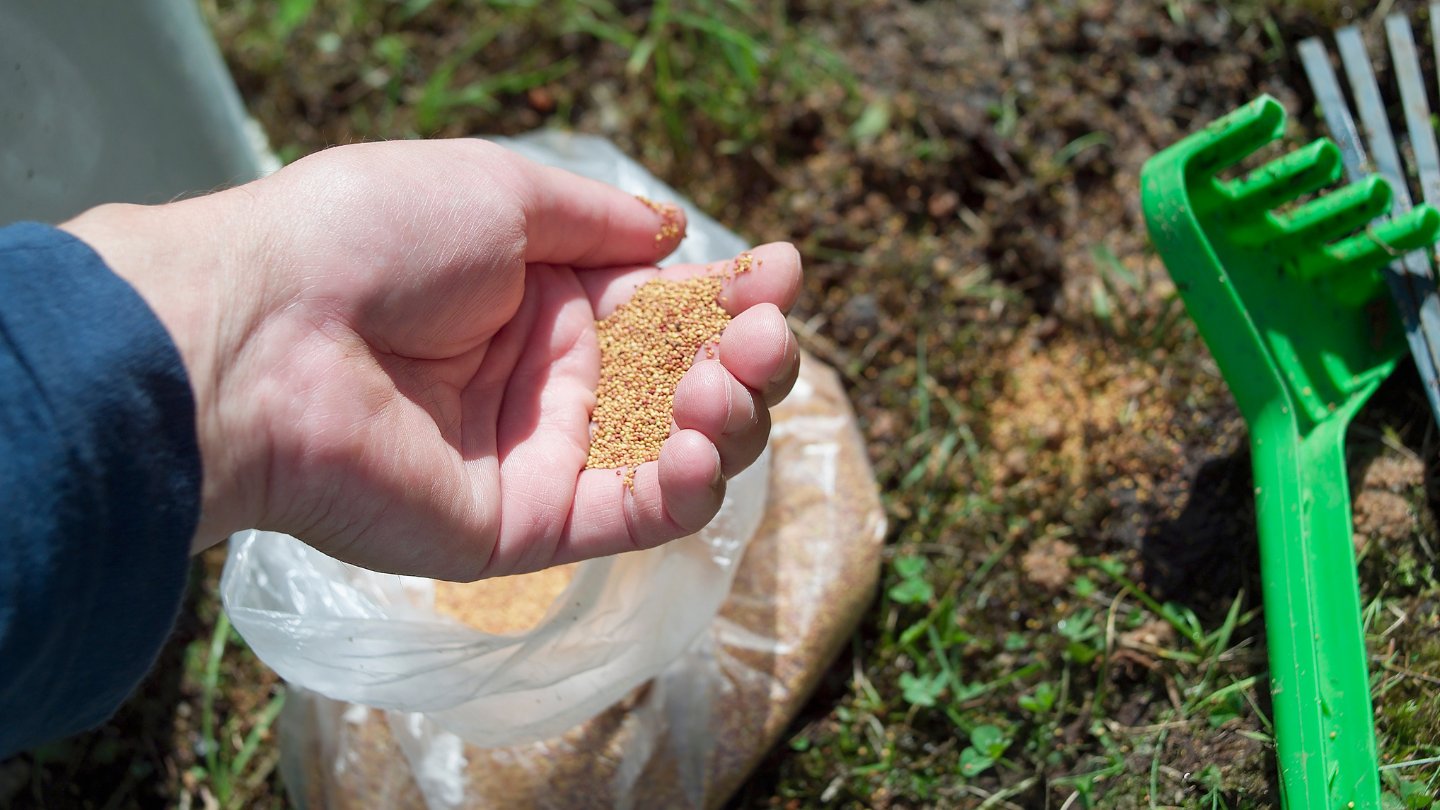

Garden Essentials
When Can I Plant Grass Seed In Michigan
Modified: October 19, 2024
Plan your Michigan garden and learn when to plant grass seed in this helpful guide.
(Many of the links in this article redirect to a specific reviewed product. Your purchase of these products through affiliate links helps to generate commission for Storables.com, at no extra cost. Learn more)
Introduction
Welcome to the beautiful state of Michigan, where the lush green landscapes are not only a sight to behold but also an invitation to create your own vibrant garden. One of the key elements of a beautiful garden is a well-maintained and healthy lawn, and that starts with planting the right type of grass seed at the perfect time. Whether you’re a seasoned gardener or a novice just starting out, understanding the climate and soil conditions in Michigan will guide you in making informed decisions for successful grass seed planting.
Michigan is located in the Midwestern region of the United States and experiences a combination of climates, including humid continental and subarctic. The state generally has cold winters and warm summers, which can vary slightly depending on the region. The climate, along with the soil composition, plays an important role in determining the best time to plant grass seed in Michigan. By understanding these factors, you can maximize the chances of your grass seed germinating and establishing a healthy lawn.
The soil in Michigan varies from region to region, but it is predominantly a mixture of sandy, loamy, and clay soils. Sandy soils drain quickly but may require more frequent watering, while clay soils retain more moisture but can become compacted. Loamy soils, which are a balanced combination of sand, silt, and clay, are often considered the most ideal for growing grass. Understanding your soil type will help you prepare the ground properly and choose the right grass seed that will thrive in your specific location.
Now that you have an overview of Michigan’s climate and soil, let’s dive into the best time to plant grass seed in this beautiful state. By choosing the right time for planting and following proper techniques, you can ensure a lush, healthy lawn that will be the envy of the neighborhood.
Key Takeaways:
- The best time to plant grass seed in Michigan is late summer or early fall, taking advantage of warm soil and moderate temperatures for successful germination and establishment.
- Choosing the right grass seed and providing consistent care, including proper watering and vigilant weed control, are essential for creating a lush and vibrant lawn in Michigan’s diverse climate and soil conditions.
Read more: When To Plant Grass Seed In Michigan
Understanding the Climate and Soil in Michigan
Michigan’s unique climate and diverse soil composition play a crucial role in determining which grass seed varieties will thrive in the region. Before embarking on your lawn establishment journey, it’s essential to familiarize yourself with these factors to ensure successful grass seed planting.
The climate in Michigan can be broadly categorized as humid continental, with some areas experiencing a subarctic influence. This means that the state typically has cold, snowy winters and warm, humid summers. However, variations can occur across different regions of Michigan, so it’s important to consider your specific location when determining the best time to plant grass seed.
Michigan’s soil composition is diverse, ranging from sandy soils to clay soils and everything in between. Sandy soils are well-draining but may require more frequent watering to maintain moisture levels. Clay soils, on the other hand, have excellent water retention abilities but can become compacted and limit root development if not properly managed. Loamy soils, which strike a balance between sand, silt, and clay, are generally considered the most ideal soil type for growing healthy grass.
Before selecting the grass seed for your lawn, it’s advisable to conduct a soil test to determine its composition and pH level. This simple test will provide valuable insights into the soil’s nutrient levels and any necessary amendments required for optimal growth. pH levels can also affect grass seed germination and overall lawn health. Michigan’s soil pH typically ranges from slightly acidic to neutral, which is suitable for many grass varieties.
When considering the climate and soil in Michigan, it’s important to take into account the state’s annual precipitation. Michigan receives an average of 30 to 40 inches of rainfall each year, which can impact grass growth and water requirements. By understanding your region’s rainfall patterns, you can plan your lawn care routine to include appropriate watering practices.
Now that you have a better understanding of Michigan’s climate and soil, you are well-equipped to make informed decisions when it comes to selecting the right grass seed and determining the best time to plant. The next step is to explore the optimal planting window for grass seed in Michigan, which we will delve into in the following section.
Best Time to Plant Grass Seed in Michigan
Choosing the right time to plant grass seed is crucial for the success of your lawn in Michigan. Timing plays a significant role in ensuring optimal germination and establishment of the grass seed. The ideal time to plant grass seed in Michigan is during the late summer or early fall season.
Fall is considered the best time for grass seed planting in Michigan because the soil is still warm from the summer months, promoting rapid germination. Additionally, cooler temperatures and increased rainfall create favorable conditions for seed growth without the stress of extreme heat. Planting in the fall allows the grass seed to establish a strong root system before the onset of winter, resulting in a healthier and more resilient lawn.
Specifically, the recommended time to plant grass seed in Michigan is from mid-August to early October. During this period, soil temperatures typically range from 50 to 65 degrees Fahrenheit, which is ideal for seed germination. However, it’s important to keep in mind that the exact timing may vary depending on your location within the state and the prevailing weather conditions.
Planting grass seed in the late summer or early fall gives the young seedlings ample time to establish themselves and grow before the arrival of winter. The grass will be better equipped to handle the cold temperatures and potential frost, resulting in a stronger and more vibrant lawn when spring arrives.
While fall is the optimal season for planting grass seed in Michigan, spring can also be a suitable time, especially for cool-season grasses. Early spring, usually in April or May, provides favorable growing conditions as the soil begins to warm up. However, spring planting comes with the risk of competing with weeds and the need for more diligent watering during the drier months of summer.
It’s important to note that planting grass seed during the hot summer months is generally not recommended in Michigan. The combination of high temperatures and potential drought conditions can make it challenging for the grass seed to establish and thrive. If you miss the fall planting window, it’s best to wait until the following year to ensure the best chances of success.
Now that you understand the best time to plant grass seed in Michigan, let’s move on to the steps involved in preparing the soil for successful seed establishment.
Preparing the Soil for Planting Grass Seed
Proper soil preparation is essential for the successful establishment of grass seed in Michigan. By taking the time to prepare the soil before planting, you create an optimal environment for seed germination and healthy root development. Here are the steps to prepare the soil for planting grass seed:
- Remove existing vegetation: Start by removing any existing grass, weeds, or debris from the area where you plan to plant grass seed. Use a shovel or a garden rake to loosen and remove the vegetation, ensuring a clean and clear surface.
- Test and amend the soil: Conduct a soil test to determine the pH level and nutrient composition of your soil. This will help you understand if any amendments, such as lime or fertilizer, are needed for optimal grass growth. Follow the recommendations provided by the soil test to make any necessary adjustments.
- Aerate the soil: If your soil is compacted, consider aerating it to improve drainage and enhance root penetration. You can rent or purchase a core aerator, which removes small plugs of soil, allowing air, water, and nutrients to reach the grassroots more effectively.
- Level the surface: Use a landscape rake or a leveling tool to even out any uneven areas on the soil surface. This step ensures a smooth and consistent base for planting the grass seed.
- Add organic matter: Incorporate organic matter, such as compost or well-rotted manure, into the top few inches of soil. This will improve soil structure, enhance moisture retention, and provide essential nutrients to support healthy grass growth.
- Lightly compact the soil: After incorporating organic matter, lightly compact the soil using a roller or by gently walking on it. This step helps to ensure good seed-to-soil contact, which is crucial for successful germination.
By following these steps, you create an ideal foundation for planting grass seed in Michigan. The soil is now well-prepared, providing the necessary conditions for the grass seed to germinate, establish a strong root system, and grow into a lush and beautiful lawn.
Now that the soil is ready, the next step is to select the right grass seed that will thrive in Michigan’s climate and soil conditions.
Choosing the Right Grass Seed for Michigan
Choosing the right grass seed is crucial for a successful lawn in Michigan. The key is to select grass varieties that are well-suited to the climate, soil conditions, and your specific lawn requirements. Here are some factors to consider when choosing the right grass seed for Michigan:
- Climate suitability: Michigan’s climate varies across the state, so it’s important to choose grass seed varieties that are adaptable to your specific region. Cool-season grasses, such as Kentucky bluegrass, perennial ryegrass, and tall fescue, are excellent choices for Michigan. These grasses thrive in the state’s cooler temperatures and have the ability to withstand the occasional harsh winters.
- Soil compatibility: Consider the soil type in your area when selecting grass seed. Different grass varieties have different soil preferences. For example, Kentucky bluegrass prefers loamy soils, while tall fescue and perennial ryegrass are more adaptable to various soil types, including clay and sandy soils.
- Sun vs. shade tolerance: Assess the amount of sunlight your lawn receives throughout the day. Some grass varieties are better suited for full sun, while others perform well in partially shaded areas. If you have areas with limited sunlight, consider shade-tolerant varieties like fine fescues or shade mixtures that combine different grass types.
- Drought resistance: In Michigan, where dry spells can occur, it’s wise to choose grass seed varieties that have good drought resistance. Fine fescues, particularly hard and chewings fescue, are known for their ability to withstand drought conditions and require less supplemental watering.
- Maintenance requirements: Consider the level of maintenance you’re willing to invest in your lawn. Some grasses require more frequent mowing, watering, and fertilizing, while others are more low-maintenance. Assess your own preferences and choose a grass seed variety that aligns with your desired level of lawn care.
- Seed quality: Lastly, select high-quality grass seed from reputable suppliers. Look for certified seed that ensures purity, germination rates, and absence of weed seeds. Investing in good-quality seed will increase the likelihood of successful establishment and a healthy, beautiful lawn.
Remember, there is no one-size-fits-all approach to choosing grass seed for Michigan. Assessing your specific requirements and understanding the compatibility of grass varieties with the climate and soil conditions in your area will guide you in making an informed decision.
Once you have chosen the right grass seed, it’s time to move on to the next step: planting the grass seed in your prepared soil.
You can plant grass seed in Michigan in the late summer or early fall, typically from mid-August to mid-September. This allows the seed to establish before winter and thrive in the following spring.
Read more: When Can I Plant Poppy Seeds
Steps to Planting Grass Seed in Michigan
Now that you have prepared the soil and chosen the right grass seed for your Michigan lawn, it’s time to plant the seed. Following these steps will help ensure proper seed placement and maximize the chances of successful germination and establishment:
- Spread the seed: Using a broadcast spreader or a handheld spreader, evenly distribute the grass seed over the prepared soil. Follow the recommended seeding rate specified by the seed manufacturer for optimal coverage. Start by going back and forth in one direction and then repeat the process perpendicular to the first direction to ensure even distribution.
- Rake and lightly cover the seed: After spreading the seed, use a rake to lightly work the seed into the soil. This will help improve seed-to-soil contact and prevent seed displacement caused by heavy rain or wind. Aim to cover the seed with around 1/4 to 1/2 inch of soil.
- Water the area: Immediately after sowing the grass seed, thoroughly water the area. Use a fine mist setting or a sprinkler to evenly distribute water. The goal is to keep the soil consistently moist, but not oversaturated, during the germination period. Water the newly seeded area at least once a day, or as needed, to prevent the soil from drying out.
- Maintain consistent moisture: Keep the seeded area consistently moist throughout the germination and establishment phase, which typically takes 2-3 weeks. If rainfall is insufficient, continue watering lightly and frequently, ensuring the soil doesn’t become waterlogged. This will support seed germination and the development of healthy root systems.
- Monitor and control weeds: Keep a close eye on the seeded area for any signs of weed growth. Weeds can compete with the young grass seedlings for nutrients, water, and space. If weeds appear, carefully remove them by hand or consider using an appropriate selective herbicide, following label instructions and safety precautions.
- Mow and fertilize: Once the grass reaches a height of about 3-4 inches, it’s time for the first mowing. Set the mower blade to a height of around 2-3 inches and mow gently, being careful not to disrupt the young grass seedlings. After the first mowing, you can gradually reduce the frequency of watering and apply a slow-release fertilizer to promote healthy growth and establishment.
Following these steps will help you achieve successful grass seed planting in Michigan. However, it’s important to remember that each lawn is unique, and adjustments may be needed based on the specific conditions of your lawn. Regular monitoring, maintenance, and ongoing care will give your grass seed the best chance to flourish into a beautiful, lush lawn.
Now that you have planted the grass seed, let’s explore how to properly care for the newly planted seed to ensure its long-term success.
Caring for Newly Planted Grass Seed in Michigan
After planting your grass seed in Michigan, it’s essential to provide proper care to ensure its successful establishment and healthy growth. Here are some important steps to follow when caring for newly planted grass seed:
- Water consistently: Water is crucial for seed germination and seedling establishment. Keep the seeded area consistently moist by watering lightly and frequently, especially during the germination period. Aim for daily watering or as needed, ensuring the soil doesn’t dry out. As the grass seedlings develop, gradually reduce the frequency of watering but increase the duration to promote deeper root growth.
- Avoid overwatering: While it’s important to keep the soil consistently moist, avoid overwatering. Excessive watering can lead to shallow root growth, disease susceptibility, and poor overall lawn health. Water deeply but infrequently, allowing the top inch of soil to dry before the next watering.
- Monitor for disease: Newly planted grass seed can be susceptible to disease. Keep a close eye on the seeded area for any signs of fungal infections, such as brown patches or thinning grass. If you notice any signs of disease, promptly address the issue by applying an appropriate fungicide according to the instructions provided.
- Control weeds: Weeds can compete with the young grass seedlings for vital nutrients, water, and sunlight. Inspect the seeded area regularly and remove any weeds that may appear. Be cautious when using herbicides, as some products may harm the newly planted grass seed. Use selective herbicides that are specifically labeled as safe for newly seeded lawns and follow the instructions carefully.
- Avoid heavy foot traffic: Newly planted grass seedlings have delicate roots that need time to establish themselves. Minimize foot traffic on the seeded area, as excessive walking or playing can damage the young seedlings. Restrict access to the newly seeded area until the grass has grown to a height of about 2-3 inches.
- Mow at the appropriate height: Once the grass reaches a height of about 3-4 inches, it’s time for the first mowing. Set the mower blade to a height of around 2-3 inches and mow gently, being careful not to stress or uproot the young grass seedlings. Regular mowing at the appropriate height will promote healthier growth and discourage weed competition.
- Apply fertilizer cautiously: Avoid applying excessive fertilizer to newly planted grass seed. Wait until the grass has been mowed a few times before considering fertilization, as young seedlings are sensitive to high levels of nutrients. When applying fertilizer, choose a slow-release or controlled-release formula that provides a balanced blend of nitrogen, phosphorus, and potassium. Follow the recommended application rates and timing instructions for best results.
- Monitor and adjust: Regularly monitor the progress of the newly planted grass seed. Keep an eye out for any issues or imbalances, such as poor growth, yellowing, or thinning. Adjust your care routine accordingly, addressing any concerns promptly to ensure the long-term health and resilience of your lawn.
Caring for newly planted grass seed requires patience, vigilance, and ongoing maintenance. By providing consistent care and following these guidelines, you will give your grass seed the best chance to establish a healthy, vibrant lawn that can thrive in the diverse climate and soil conditions of Michigan.
Now, armed with the knowledge of caring for newly planted grass seed, you’re on your way to a beautiful and thriving lawn in Michigan. Take pride in watching your grass seedlings grow and enjoy the rewards of a lush, green landscape.
Tips for Successful Grass Seed Planting in Michigan
Planting grass seed in Michigan can be a rewarding experience, but it also requires careful planning and attention to detail. To increase your chances of success, consider these tips when planting grass seed in Michigan:
- Choose the right grass seed: Select grass seed varieties that are well-suited to the climate, soil conditions, and your lawn’s specific needs. Cool-season grasses like Kentucky bluegrass and perennial ryegrass are excellent choices for Michigan.
- Plant at the right time: Fall is the best time to plant grass seed in Michigan. Aim to plant from mid-August to early October when soil temperatures are ideal for germination. Spring can also be suitable, especially for cool-season grasses.
- Prepare the soil thoroughly: Take the time to properly prepare the soil before planting. Remove existing vegetation, test and amend the soil, aerate if necessary, and level the surface to create an optimal environment for seed germination.
- Ensure good seed-to-soil contact: Use a rake to lightly cover the grass seed with a thin layer of soil after spreading it. This promotes seed-to-soil contact, which is vital for germination. Avoid burying the seed too deep, as this can inhibit growth.
- Keep the soil consistently moist: Water the newly seeded area immediately after planting and maintain consistent moisture throughout the germination and establishment period. Water lightly and frequently to prevent the soil from drying out, but avoid overwatering.
- Mow at the right height: Once the grass reaches a height of 3-4 inches, mow it to a height of 2-3 inches. Regular mowing at the appropriate height promotes healthier growth and discourages weed competition.
- Avoid heavy traffic: Minimize foot traffic on the newly seeded area until the grass has fully established itself. Excessive walking or playing can damage the young seedlings and hinder their growth.
- Monitor for weeds and disease: Regularly inspect the seeded area for any signs of weeds or disease. Remove weeds by hand and promptly address any disease issues with appropriate treatments. Early detection and intervention can help prevent unwelcome disturbances to your lawn.
- Follow a proper lawn care routine: Once the grass has established, follow a regular lawn care routine that includes fertilizing, mowing, watering, and aerating as needed. This will help maintain the health and vitality of your lawn.
- Seek professional advice if needed: If you’re unsure about any aspect of grass seed planting or lawn care, don’t hesitate to seek guidance from a local gardening professional or an extension service. They can provide specific advice tailored to Michigan’s unique climate and soil conditions.
By following these tips, you can improve your chances of successful grass seed planting in Michigan. Remember that proper preparation, attentive care, and consistent maintenance are key to developing a lush and healthy lawn that will thrive in Michigan’s diverse climate.
Now armed with these valuable tips, you’re ready to embark on your grass seed planting journey in Michigan. Enjoy the process, stay patient, and soon you’ll be rewarded with a beautiful, vibrant lawn to be proud of!
Conclusion
Planting grass seed in Michigan can be a rewarding and fulfilling experience, leading to a lush and vibrant lawn. Understanding the climate and soil conditions specific to Michigan is vital in ensuring the success of your lawn. By planting at the right time, preparing the soil properly, choosing the right grass seed, and following the steps for planting and caring for your lawn, you can achieve the beautiful and healthy lawn you desire.
Michigan’s climate, with its cold winters and warm summers, along with its diverse soil types, such as sandy, loamy, and clay soils, present both challenges and opportunities for growing grass. By selecting grass seed varieties that are well-suited to the climate and soil, you can make the most of Michigan’s unique conditions.
The best time to plant grass seed in Michigan is in the late summer or early fall, taking advantage of the warm soil and moderate temperatures. Properly preparing the soil by removing vegetation, testing and amending the soil, and providing good seed-to-soil contact will aid in successful germination and establishment of the grass seed.
Caring for newly planted grass seed in Michigan involves consistent watering, vigilant weed control, monitoring for disease, and gradual adjustments as the grass grows. It’s important to avoid heavy foot traffic, mow at the appropriate height, and follow a proper lawn care routine to maintain the health and appearance of your lawn.
By keeping these tips in mind and seeking professional advice when needed, you can create and maintain a thriving lawn in Michigan that will be the envy of your neighborhood. So, roll up your sleeves, embrace the challenge, and enjoy the process of creating a beautiful outdoor space that you can enjoy for years to come.
Remember, gardening is an ongoing journey, and your lawn will continue to evolve and require care and attention. By staying informed, adapting to the unique conditions of Michigan, and nurturing your lawn with love, you can create an oasis that brings you joy and enhances the natural beauty of your surroundings.
Frequently Asked Questions about When Can I Plant Grass Seed In Michigan
Was this page helpful?
At Storables.com, we guarantee accurate and reliable information. Our content, validated by Expert Board Contributors, is crafted following stringent Editorial Policies. We're committed to providing you with well-researched, expert-backed insights for all your informational needs.
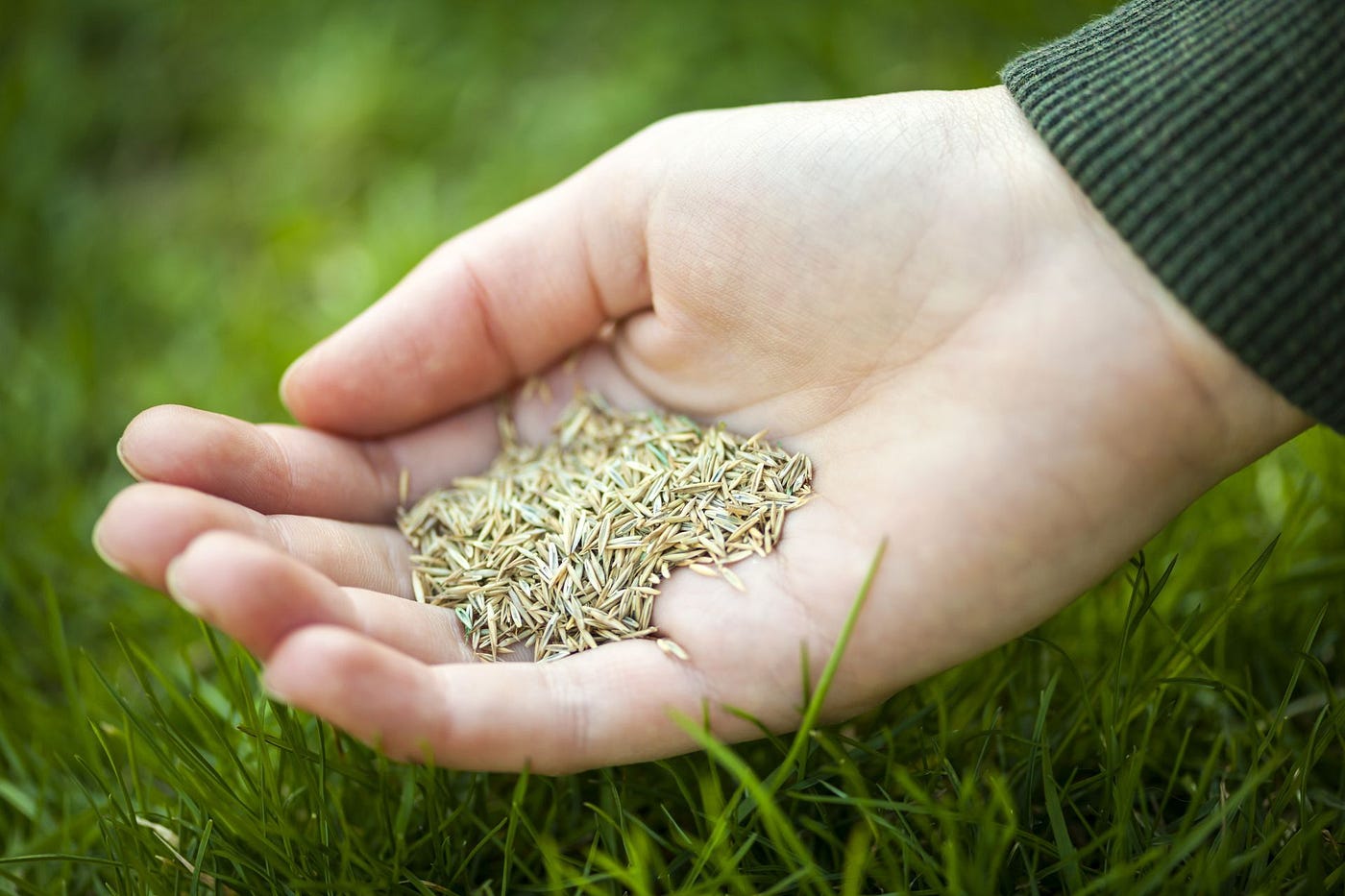
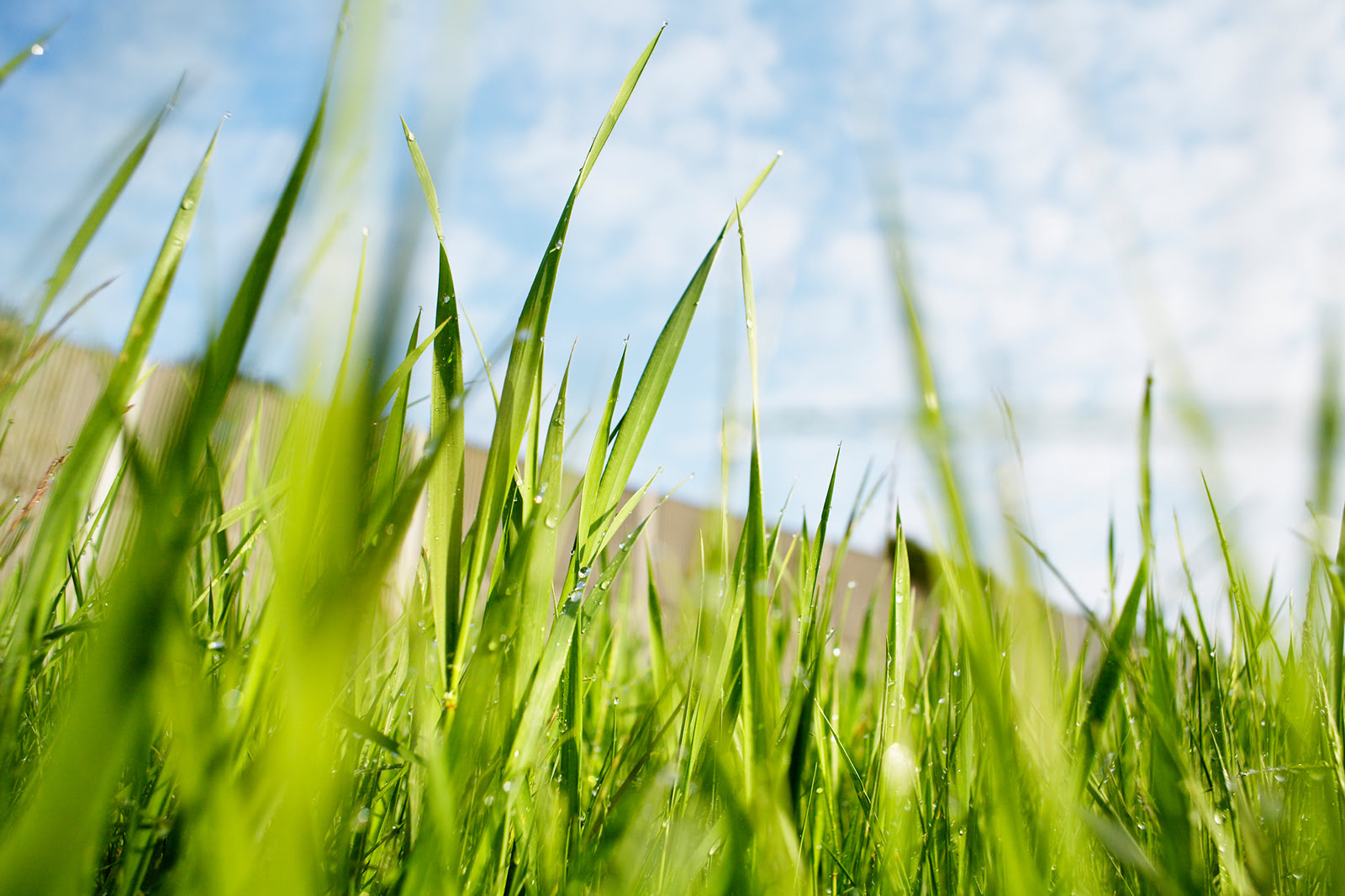





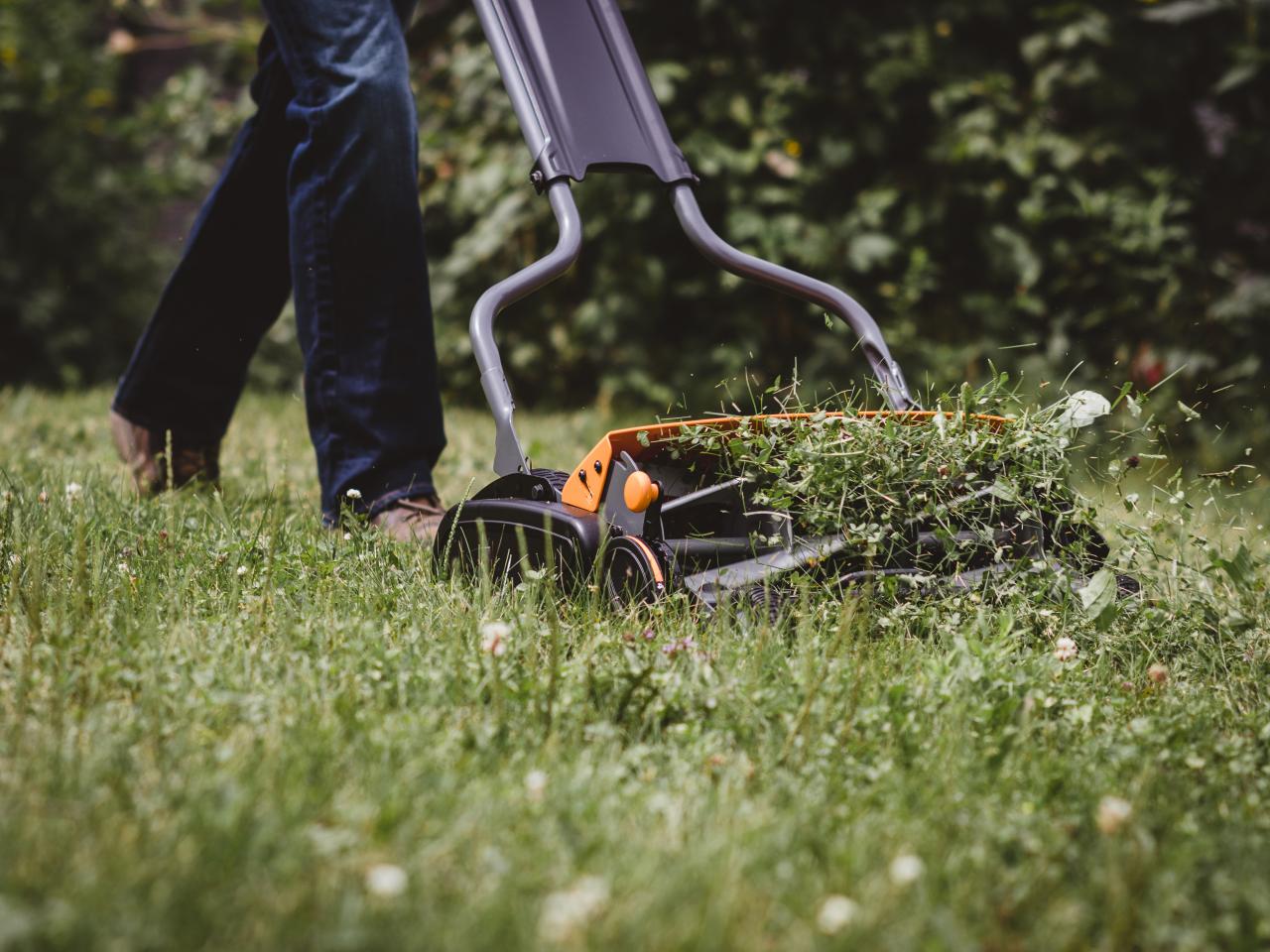

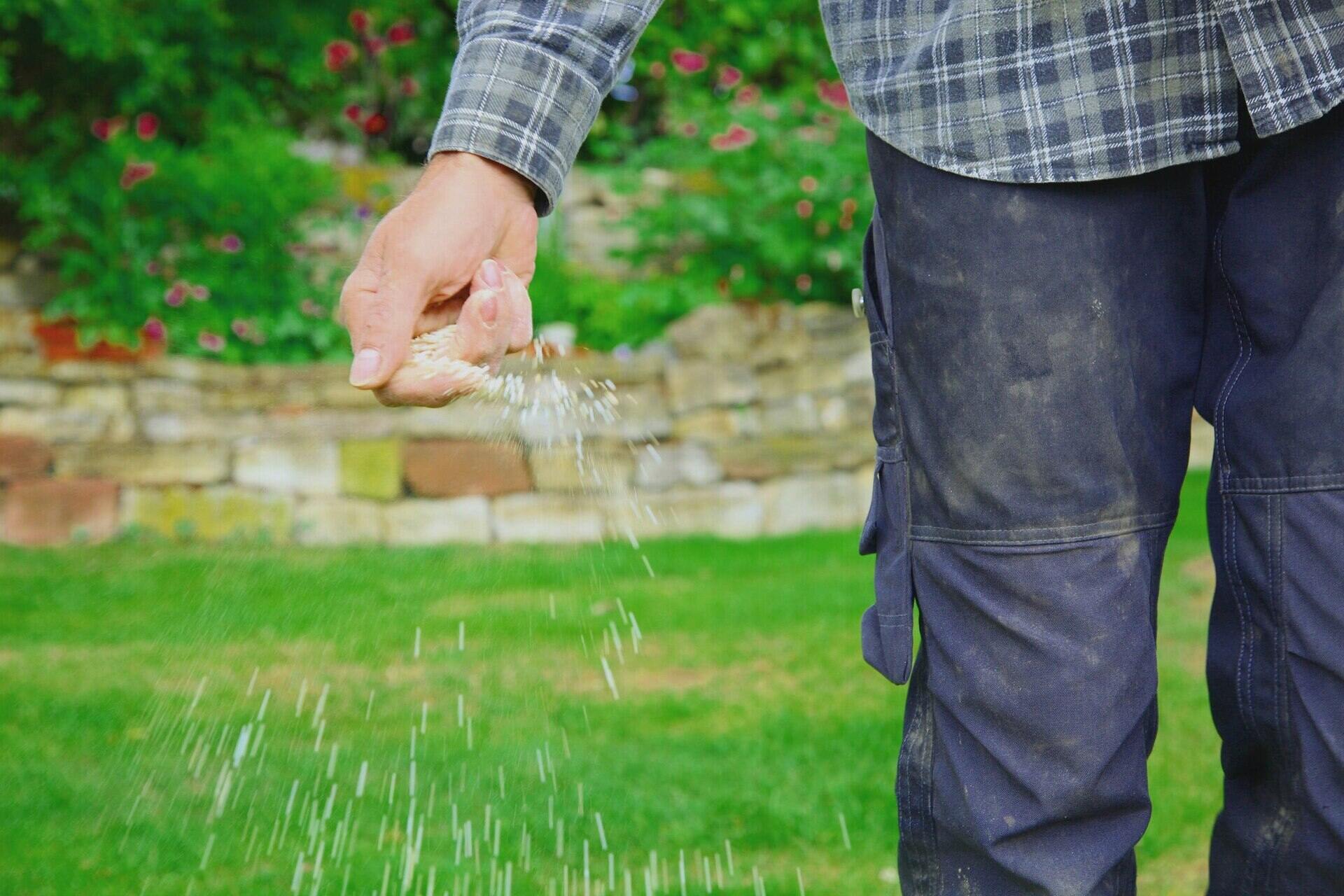
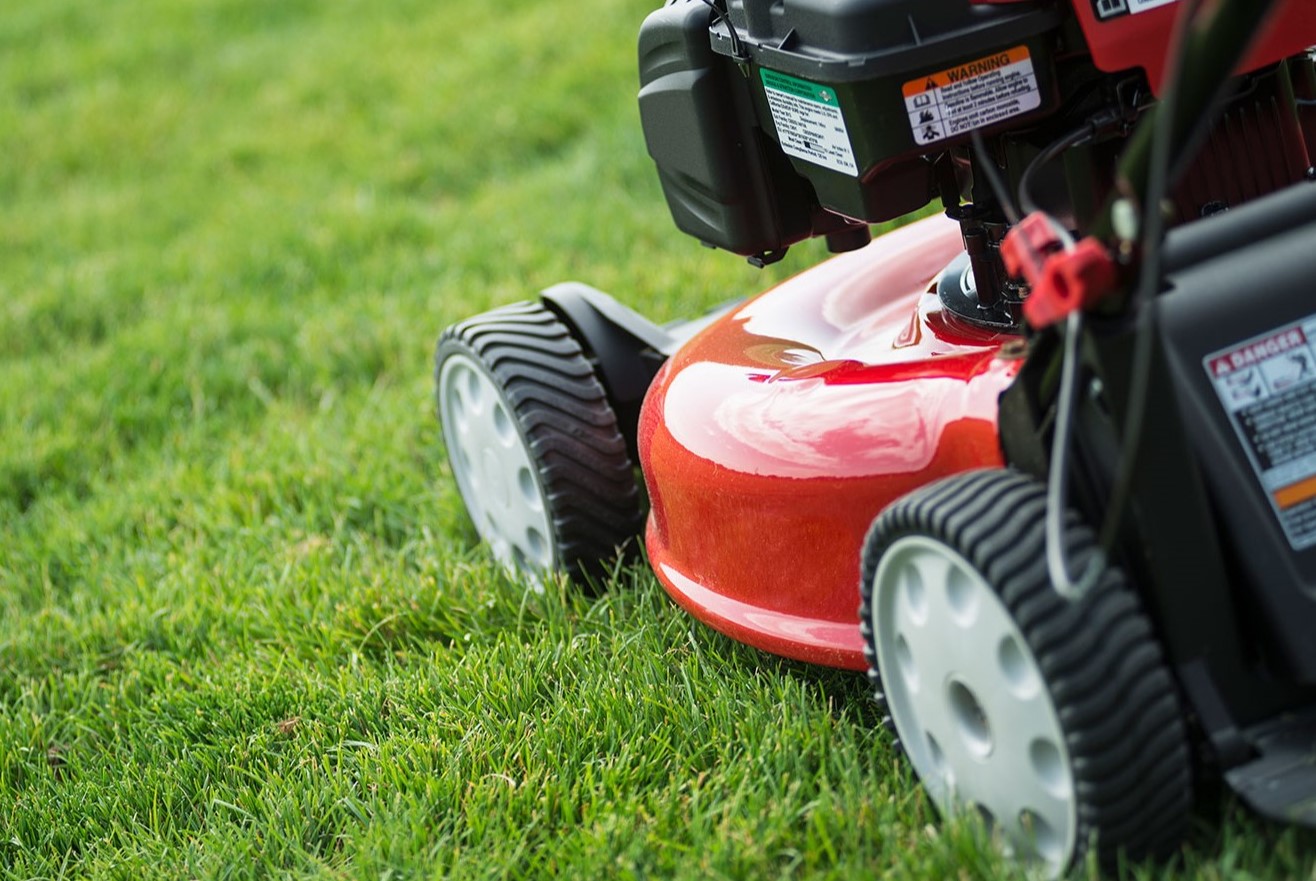
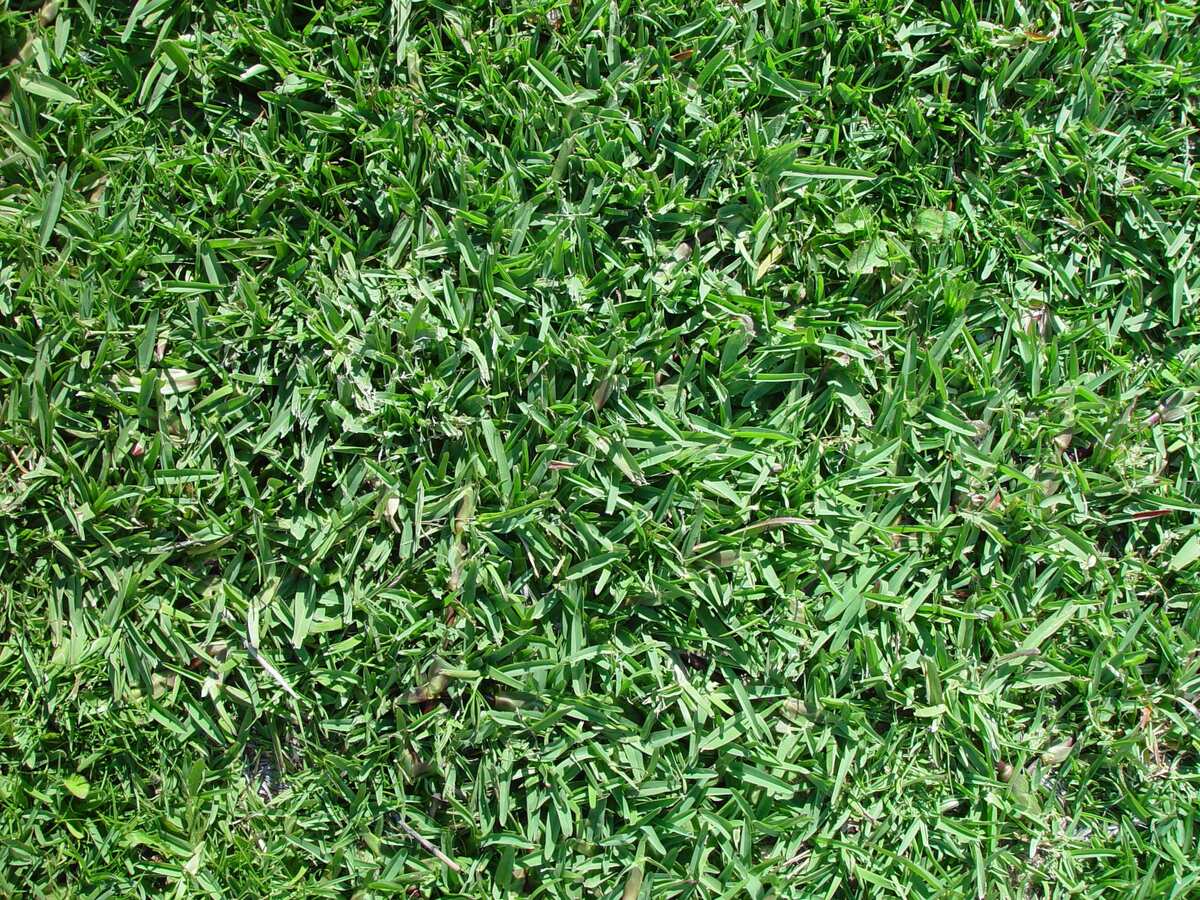
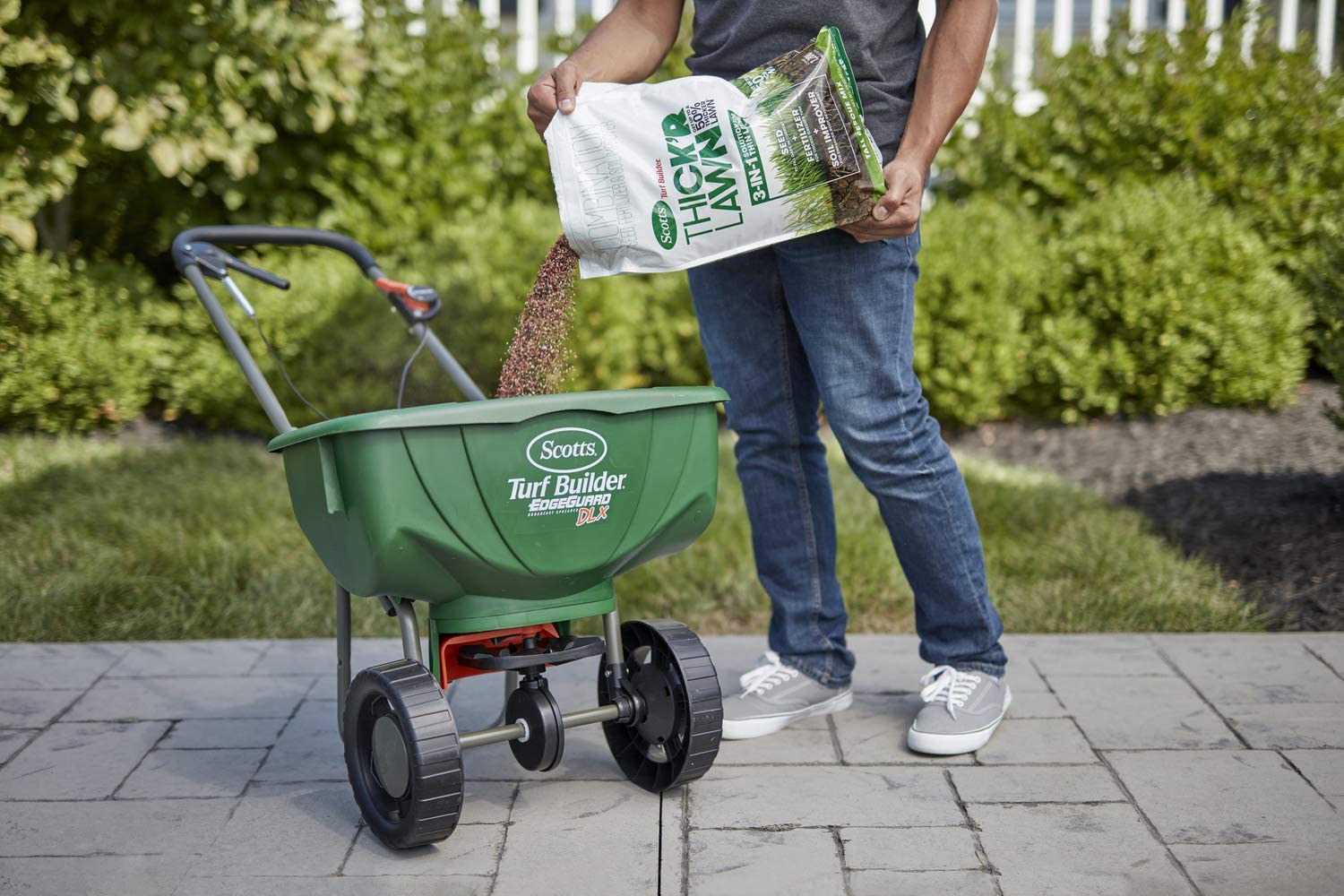
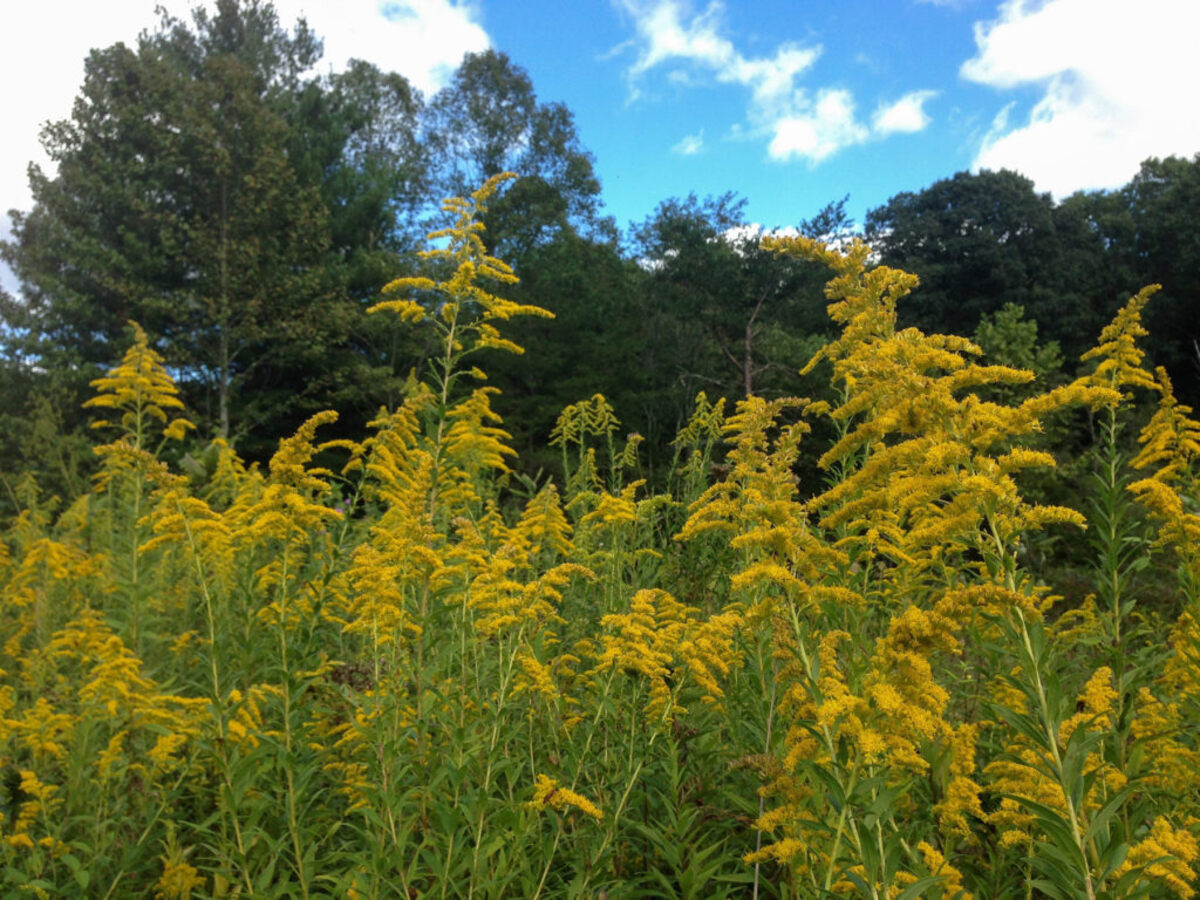

0 thoughts on “When Can I Plant Grass Seed In Michigan”